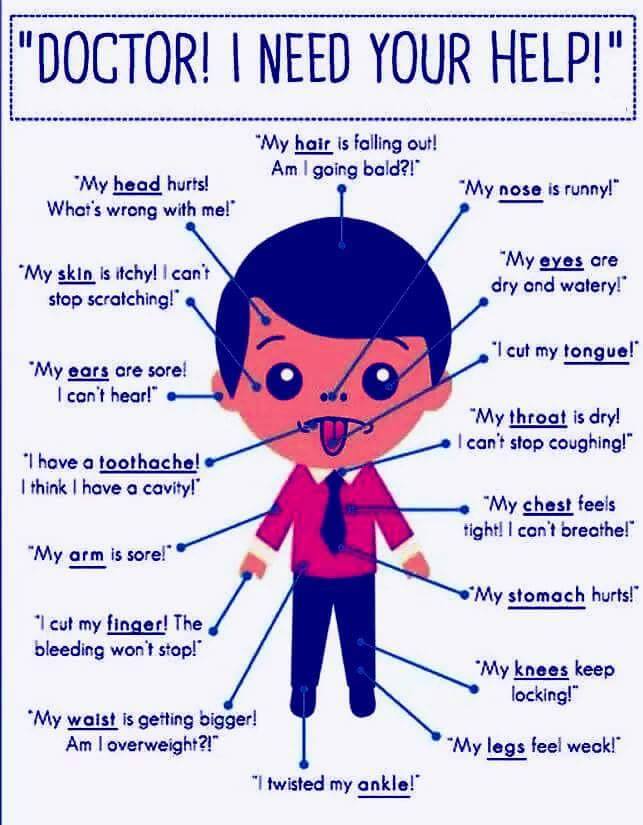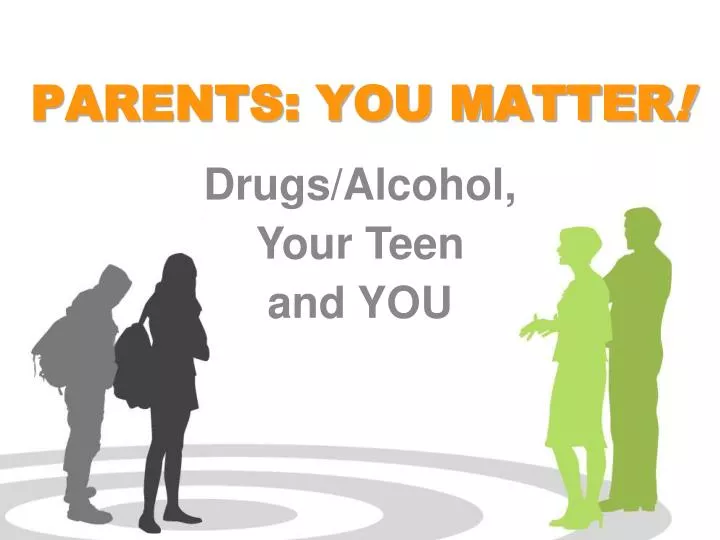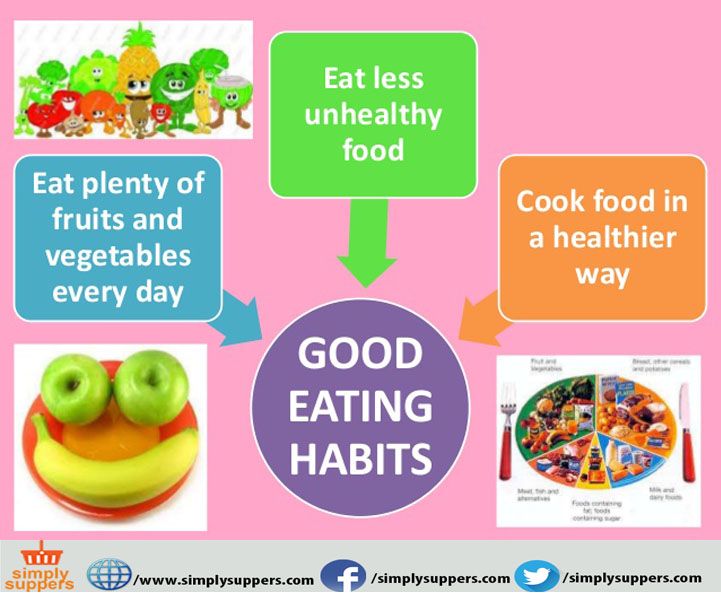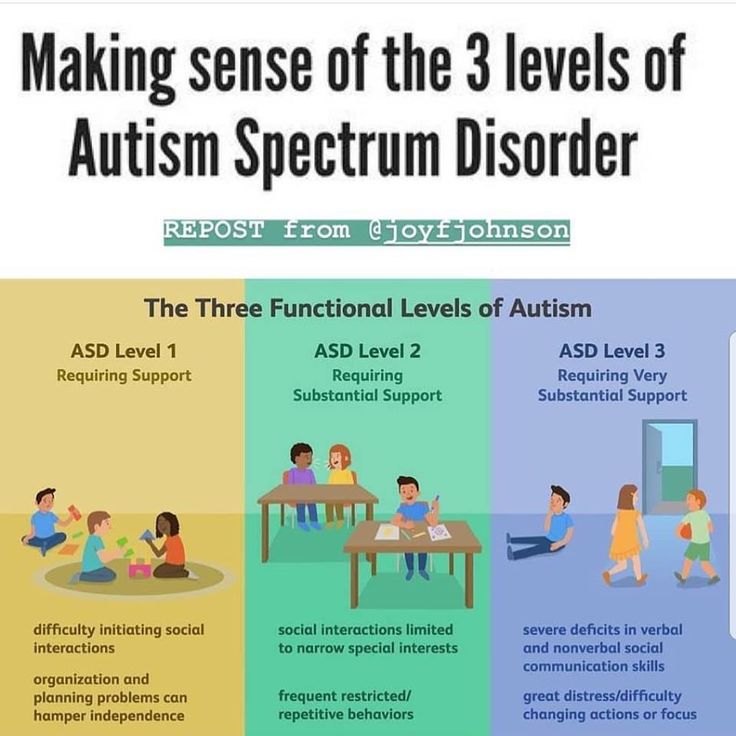Stress during divorce
How to Cope with Divorce Stress
Divorce stress is well documented and can affect people in different ways. Whether you are the initiator of the divorce or you received a notice from your spouse out of the blue, you are likely feeling at least some degree of stress.
These feelings – which can turn severe, in some cases – can affect you mentally and physiologically.
Symptoms of Divorce Stress Syndrome
If you are experiencing shallow breathing, insomnia, lack of appetite, and weight loss, just know that you are not alone. Millions of people just like you go through a divorce every year, and right now you are experiencing dire stress from that situation.
However, there are ways you can manage your feelings so that your divorce isn’t so hard on your mind and body. Calming yourself down and easing your mind about the future is also important for any children you and your spouse share.
Here is all you need to know about how to manage divorce stress, by the family law attorneys at Griffith, Young, and Lass in Carlsbad, California, along with how to cope with divorce.
Looking to get a divorce with minimal stress? Call (858) 371-5569 today to consult an attorney at Griffith, Young & Lass!
Divorce and Stress – Where Are You on the Divorce Stress Scale?
Endocrinologist Hans Selye first formally studied stress in 1935 by introducing various stimuli to lab mice. The more stimuli were added, the more physiological responses the mice presented. The mice had shallow breathing, their digestion stopped, and their blood flow was diverted from their skin and organs to their adrenal glands.
In 1967, two psychiatrists by the name of Thomas Holmes and Richard Rahe carried on that research as a means to find a connection between stress and illness. The doctors developed a scale known as the Holmes-Rahe Scale, which determines how likely you are to develop a stress-based illness.
Scoring 150 or less on the scale meant that you were at a slight risk of illness, while a score of 150 to 300 showed a moderate risk.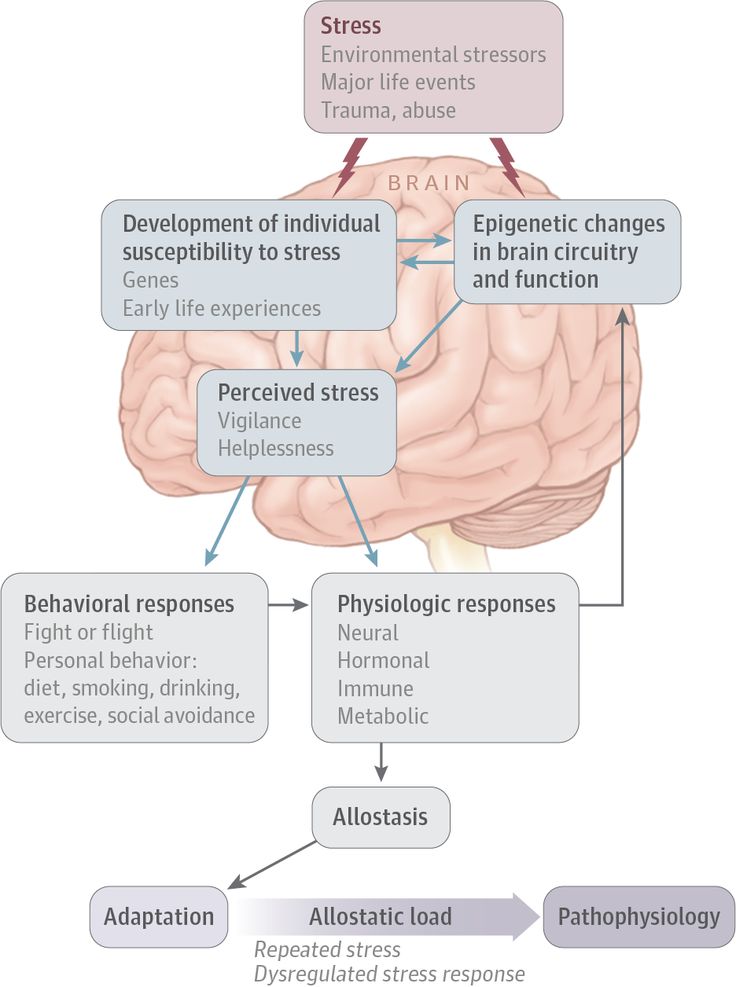 Those scoring 300 or more faced a significant risk of illness.
Those scoring 300 or more faced a significant risk of illness.
According to the Holmes-Rahe Scale, the death of a spouse shows up at 100 while divorce scores in at 73. However, the more difficult your divorce, which would be the case if you are arguing about alimony, child support, and if there is abuse in the home, the higher your score will be. Before you know it, you may be at a level on the scale that indicates illness, and that’s when the health problems may begin.
Just to put those scores into perspective, a vacation shows up at 13 on the scale while receiving a personal outstanding achievement can present a stress level of 28. Yes, even positive life events can present some level of stress on the human body.
How Does Divorce Cause Stress?
Those who have never gone through a divorce really don’t understand how splitting from your spouse can wreak such extreme havoc on your nervous system.
Imagine you are comfortably sitting in your home, surrounded by your loving family.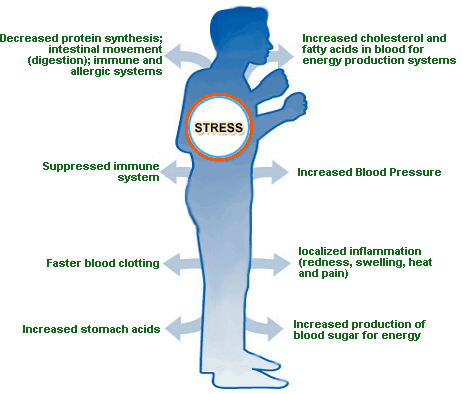 You feel good about your situation in life and have a major support system, which contributes to your happiness and quality of life.
You feel good about your situation in life and have a major support system, which contributes to your happiness and quality of life.
All of a sudden, a major earthquake rocks your house and everything in it. You flee outdoors only to watch your home – and comfortable lifestyle – dissolve into a crevice in the earth. There you stand, all alone, with everything you thought was stable crumbling all around you. Where do you go from here?
That horrible scenario is the pain of divorce in a nutshell. At some point, you pledged your undying love to your spouse. But now, for whatever reason, your marriage is dissolving, and suddenly you are left to wonder – what will your life look like now? What will other people think? What will your future hold?
California Divorce Stress Statistics
According to ongoing studies of divorcing men and women, both genders deal with divorce stress both during and after a marriage dissolution. Couples with children see women filing for divorce 70% of the time, according to the National Center for Health Statistics.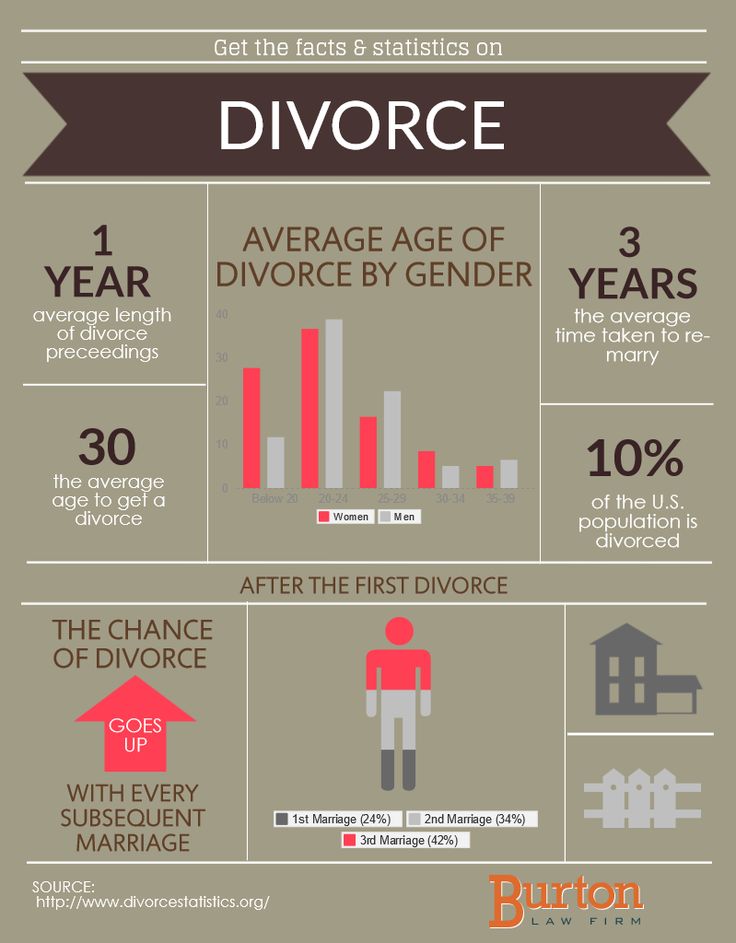 This leaves many men broadsided with the shock of their marital breakdown. Thus, men are more likely to feel rejection and anger while women stress about financial support and loss of social status.
This leaves many men broadsided with the shock of their marital breakdown. Thus, men are more likely to feel rejection and anger while women stress about financial support and loss of social status.
Can Divorce Cause Post-Traumatic Stress?
Absolutely. Divorce is difficult for everyone, regardless of your station in life. The act of divorce is much like a bereavement when mourning the death of a close family member.
With divorce, the stress is compounded by two factors. There are the “real” stressors of having to start over and making a decision to keep the house or move, for example.
Then there are the “imagined” factors – or unknowns – such as wondering if the divorce settlement will be a fair one and fearing the struggle of making ends meet with a one-person income.
Divorce is downright frightening and can be made even worse if your spouse is less than cooperative. If your soon-to-be-ex is hostile, divorce can be the stuff of nightmares.
When you are faced with fear of the future pending your divorce, PTSD can develop, and illness can follow.
What is Post Divorce Syndrome and What are the Symptoms?
Studies prove that you don’t need to be a war veteran to experience post-traumatic stress. Experts put divorce at one of the highest factors for developing PTSD.
You may be experiencing PTSD as a byproduct of divorce stress if you exhibit these common symptoms.
Insomnia
Sleep disruption is incredibly common during a divorce, as are nightmares. You might have trouble falling asleep or staying asleep, or both. Insomnia can make you feel tired during the day, which can be dangerous if you have a job that requires strict attention, such as an airline pilot.
Anxiety
Extreme nervousness is a common symptom of divorce stress syndrome. Both during and after a divorce, your anxiety levels can shoot to mind-scrambling levels. You feel unstable, you feel lost, and your body is reacting by kicking your fight or flight mechanism into high gear. Anxiety can cause you to engage in uncharacteristic behavior, such as sending hundreds of emails to your spouse or divorce attorney or emptying your bank account to take control of your finances.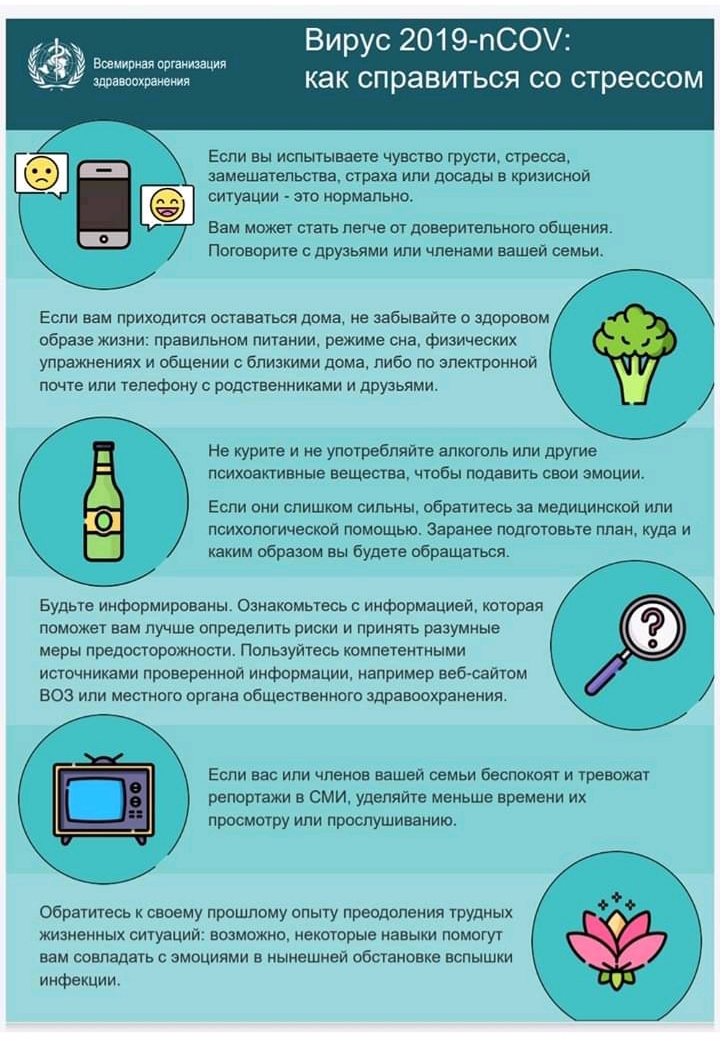
Substance Abuse
In an effort to alleviate the extreme stress caused by the split, many people turn to cigarettes, alcohol, or drugs to calm their nerves and ease their minds. While the stress may be alleviated somewhat and in the moment of taking these substances, the problems that result may lead to even more stress in the future. An example is getting an expensive and life-changing DUI in the middle of a contentious divorce.
Depression
Divorce can cause you to feel as though you have failed, particularly if events leading up to that point serve to reinforce your beliefs. An example includes feeling as though you didn’t work hard enough to fix the marriage, and that’s why it fell apart. When the self-blame compounds, depression can develop, which can negatively affect every aspect of your life.
Metabolic Syndrome
You are said to have this condition if you have several dangerous conditions occurring at one time, such as high blood pressure, high cholesterol, excess belly fat, and high blood sugar.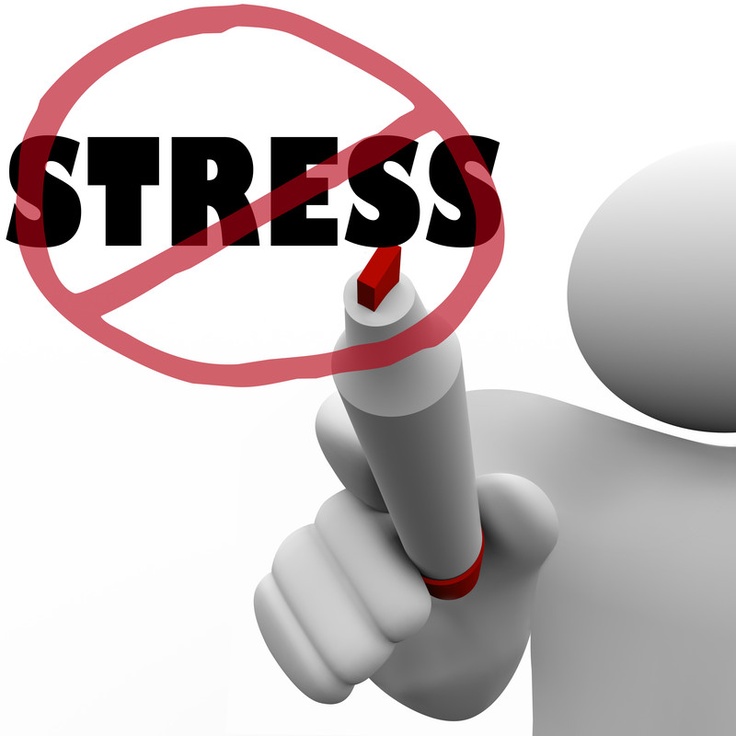 Metabolic syndrome can increase your risk of developing heart disease, diabetes, and stroke.
Metabolic syndrome can increase your risk of developing heart disease, diabetes, and stroke.
Drastic Weight Loss
Divorce stress and weight loss go hand-in-hand. You can’t eat and you’re not hungry, which causes the pounds to drop off fast.
Divorce Stress and its Effects on Health
Along with all of the above, chronic health problems and mobility issues can develop after a divorce. You may find it more difficult to eat well and exercise regularly on account of the depression and lack of sleep. Developing unhealthy habits can lead to diseases like diabetes and cancer.
After your divorce is over, it is recommended that you get a physical once per year to combat any symptoms you may be feeling from your lingering stress condition.
How to Cope with Divorce and Stress
1. Recognize That Your Intense Feelings Are Normal
Going through divorce can cause a roller coaster of emotions. Write down what you are feeling and realize that your emotions will soon calm once the storm is over.
2. Find a Routine and Take Time to Recuperate
Slipping into a routine at work or with hobbies can help you more easily cope with divorce stress. Find something to get your mind off things and your mind and body will eventually find calm.
3. Find a Support Group
Get friends and family involved to help you see that the days ahead don’t have to be so dark and lonesome. An actual therapy support group is another idea that could bring your stress levels back to a healthy baseline.
4. Care for Yourself
Get a massage, see a hairstylist, and go to the gym. The better you treat yourself, the calmer and more content you will begin to feel.
5. Avoid Arguments & Conflict
Divorce can bring out the worst in people, causing explosive quarrels with words that cut deep. Engaging in all that arguing will only exacerbate your extreme stress. Turn the other cheek as best you can and try to remain friendly with your spouse, even during disagreements.
6. Be There for Your Children
Try your hardest to maintain a positive attitude through it all and focus all of that good energy on your children. Show them that life goes on and that you are hopeful for the future. By being close to them and putting effort into their well-being, you may find that some of their youthful energy rubs off on you, helping to alleviate the stress of divorce you may be feeling.
Are Your Children Dealing with Divorce Anxiety?
If your children are struggling with you and your spouse splitting up, it is important to make them realize that it is not their fault, nor does it have to be a frightening time. Let your kids know they can rely on you and that they can follow your example of taking things calmly. Truly convince yourself that this difficult time will soon pass, and life for both you and your children will soon become normalized.
Talk
Tell your kids what is going on, but don’t involve them in the gritty details. Let them know that everything will be okay, and really believe it, because it’s true.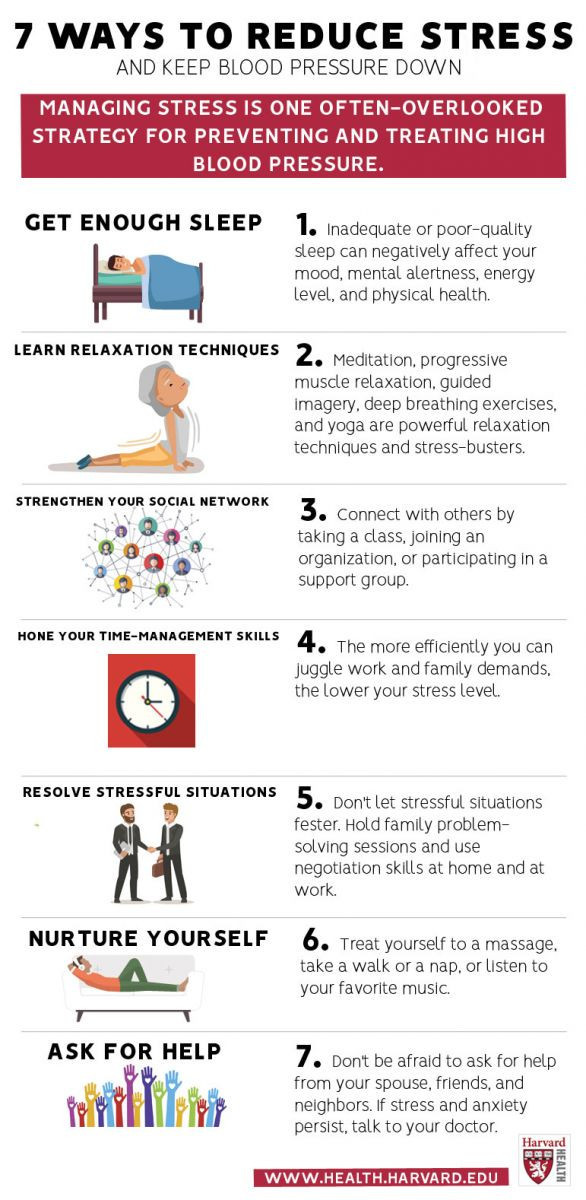 If you believe in a hopeful future, your kids will, too.
If you believe in a hopeful future, your kids will, too.
Reassure
When talking about the future with your children, always make and keep realistic promises. Your children need to know that their future is in good hands, even if mom and dad will no longer be together.
Discipline
Your children will fare better with the stress of divorce if you help them maintain a routine. Dinner, teeth-brushing, and bedtimes should be strictly enforced. If both parents can get on board with setting the appropriate boundaries, your children will eventually cope with divorce just fine.
Protect
Try your best to keep your kids from any shouting matches or otherwise disagreements between you and your spouse. Never treat them as spies to find out how the other is living. Kids should never take sides and will fare better with divorce stress if both parents love and nurture them equally while handling the divorce as amicably as possible.
The Divorce Stress Adjustment Model May Be Helpful
The best way to ease divorce stress is to start on the path to reinventing yourself right away. As soon as possible, look for ways to allow yourself to mourn and work through your feelings. A therapist might help. At the very least, surround yourself with positive people who can help you see the good in everything.
As soon as possible, look for ways to allow yourself to mourn and work through your feelings. A therapist might help. At the very least, surround yourself with positive people who can help you see the good in everything.
Most importantly, in order to rediscover who you used to be, or to reinvent yourself entirely, you must learn to like yourself. You may be experiencing an overload of self-rejection following your divorce. Work on getting your confidence back by setting small goals and completing them, even if it’s just to go out and get the mail after a long time in bed. You can then move onto getting dressed, heading out, and treating yourself to help you feel good about yourself once more.
If you find yourself handling the bills or taking on some new kind of responsibility that your spouse formerly handled, take pride in your new role. Embrace the changes that come, and your stress will eventually subside.
Finally, look to the joy of sometimes being alone. You can do whatever you want, or what you and your children want, without having to listen to anyone else. If you wish, a transitional relationship could help to take your mind off things. This isn’t to be thought of like a rebound, but more like dipping your toes into the water to see what dating might be like post-divorce.
If you wish, a transitional relationship could help to take your mind off things. This isn’t to be thought of like a rebound, but more like dipping your toes into the water to see what dating might be like post-divorce.
Whatever happens, keep a positive attitude through it all, and your divorce stress will soon become a thing of the past.
If you are thinking about divorcing your spouse, contact the experienced attorneys at Griffith, Young, and Lass in Carlsbad, California. We can help you during this difficult time to keep any divorce stress you may feel to an absolute minimum.
8 Ways to Cope with Divorce Stress I Psych Central
Divorce stress can be more intense and overwhelming than daily stress, but with specific coping tools, you can find relief.
There are few things more stressful in life than going through a divorce. Not only is it a painful and emotional process, but for most, it’s also a logistical and expense-laden ordeal.
Experiencing high levels of stress while navigating a divorce is a given for most people. For many, it can make just getting through basic daily tasks a challenge.
For many, it can make just getting through basic daily tasks a challenge.
There are some useful and proven methods that can help ease the stress of a divorce.
It’s crucial to understand the way stress from divorce can manifest. Knowing what to look for can help you manage the effects of divorce stress.
- Fear of the unknown: It’s natural to feel lost after a divorce and to worry about what we don’t and can’t know. Concerns about what life after divorce will look like are common and can run in the background unacknowledged while you’re dealing with the practical matters in front of you.
- Health issues: The constant and intense stress from a divorce can cause health problems, according to research from 2020. Inflammation, heart issues, sleep disturbances, and poor eating habits are common issues.
- Social concerns: People divorcing often feel like they need to divide up friends the same way they split up the assets.
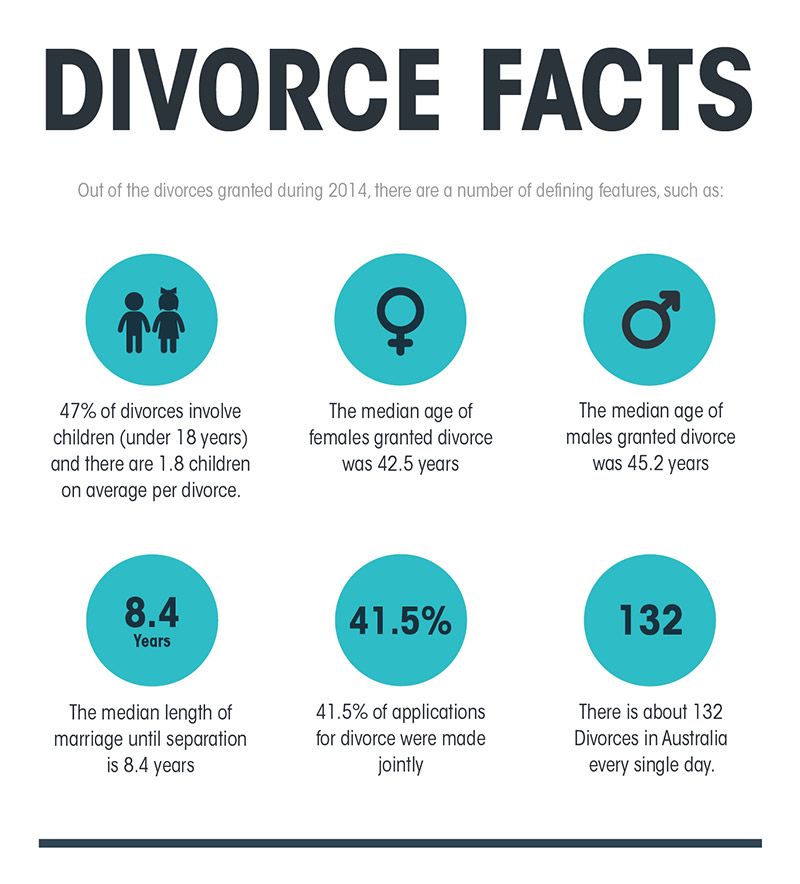 And what about family? Will your ex’s family cut you out of their lives as well? Will people look at you differently now? These are common worries that can stress your social relationships and change the way you relate to people in general.
And what about family? Will your ex’s family cut you out of their lives as well? Will people look at you differently now? These are common worries that can stress your social relationships and change the way you relate to people in general. - Feelings of failure: It’s not uncommon for people to feel that a failed marriage means they’re also a failure. This feeling can result in shame and low self-esteem, and lead to depression.
- Distraction: All these feelings can lead to being distracted and unfocused. This can cause problems in every area of life, including work and parenting — two areas that require a great deal of focus.
Most of us experience stress daily, and some of us have coping strategies to help us manage it. But divorce stress is outside the norm, with a level of intensity that requires some new and deliberate coping mechanisms.
If you’re experiencing stress from divorce, consider the following tips to help you cope.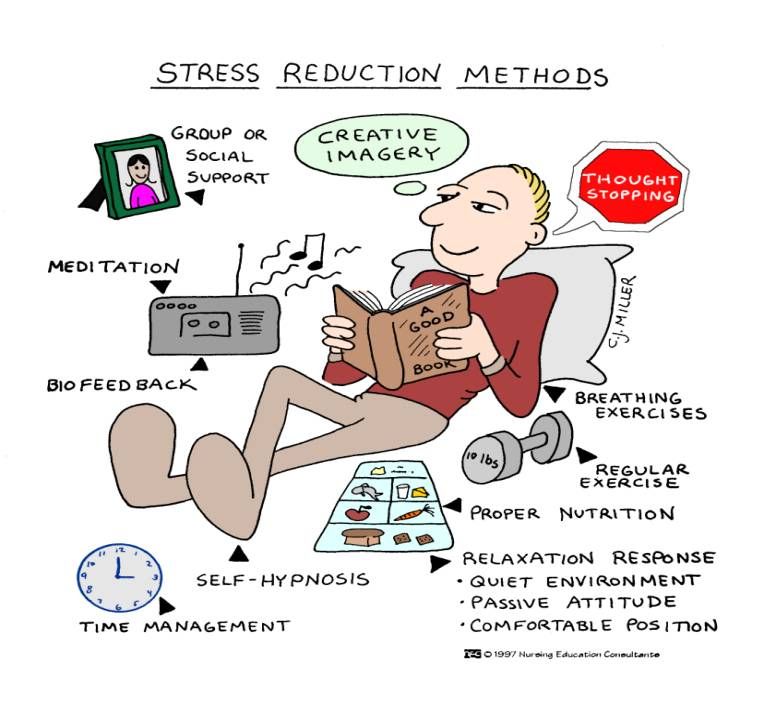
Acknowledge your feelings
It’s OK to not be OK. Recognizing how you feel and examining those feelings can help you learn to manage them.
When a marriage breaks up, there’s a mourning period. It’s the end of the life you and your spouse once shared. Feeling sad, angry, disappointed, and scared is natural. Ignoring these feelings won’t make them go away.
Practice positive self-talk
It’s common when going through a divorce for negative thoughts to become overwhelming. You may think you’re to blame or feel that you’ve let down your family.
Remember that divorce is complicated and it’s never the fault of just one partner.
A 2019 study found that positive self-talk — whether it’s done silently in your head or out loud in a car or to the mirror — can help improve your mental state and increase self-confidence and self-efficacy.
Try not to live in the past
It’s tempting to play the “woulda, coulda, shoulda” game with ourselves. When our present is really uncomfortable, our minds will want to escape to the past. And if you’re going through a divorce that you didn’t want, you’ll be especially vulnerable to dwelling on your past.
And if you’re going through a divorce that you didn’t want, you’ll be especially vulnerable to dwelling on your past.
Let people help
The people in your life who care about you will want to help — consider letting them. Putting your discomfort and pride away and allowing yourself to lean on people you trust can be helpful for easing stress.
Consider connecting with others who are going through similar challenges. Support groups are a great way to build support and community around shared life experiences.
Some common divorce support groups are:
- Divorce support online and in person: Divorce Care
- Divorce support for women: Woman’s Divorce
- Divorce support for men: Mens Group
- LGBTQIA+ community divorce support: Rainbow Families
Group therapy may also be a good option to try.
Avoid the divorce diet
Research from 2020 discusses how healthy eating can help you cope with stress. It’s easy to forget this when you’re feeling at your wit’s end.
Too often we skip meals, overeat, or just eat whatever is easily accessible. Try to make a concerted effort to put together healthy, balanced meals, skipping meals full of processed sugar and refined carbs.
Cutting back on caffeine and alcohol as much as possible can also be helpful.
Healthy eating can also help boost your immune system, raise your energy levels, and provide the internal balance required to cope with the stress of a divorce.
Move your body
One of the best anti-stress tools is exercise.
Movement releases endorphins, which can help expend pent-up negative energy and allow you to focus. Whether you hit the gym or take long walks, exercise is one of the best options for coping with stress.
Balance your sleep
Try to get the right amount of sleep for you — not too much and not too little. Depression and anxiety can cause either of those things to happen.
Aiming for the standard 7-8 hours as a goal and keeping a regular schedule can be helpful for easing stress.
Meditate
This doesn’t have to be the “become one with the Earth” kind of mediation, but rather specific and deliberate quiet time dedicated to calming your thoughts and reflecting.
Effective meditation takes practice.
If you have racing thoughts and an anxious mind, meditation may initially feel like noise, confusion in your head, and pointless. But continued practice can help you overcome that and organize and quiet those thoughts.
Divorce stress is real and complicated. It can go beyond the typical daily stress we all feel in some cases, so it can require deliberate coping mechanisms.
Remember that stress can’t be ignored but it can be managed.
Using coping skills such as meditation and getting enough sleep can help you manage and ease stress due to divorce.
No one gets married anticipating divorce. Dissolving what you once assumed was a “for life” bond can be painful. But there can be a stress-free life on the other side, and coping with the stress of divorce can help you get there sooner.
Divorce can become a career driver
A. Taranin
Psychologists warn that career collapse often occurs after divorce. And no wonder: divorce is the strongest stress. On the 100-point Holmes and Ray stress diagnostic scale, divorce equates to 78 points. This event is considered the most stressful after the death of a spouse and affects the psyche even more than imprisonment or the death of a loved one.
“After being married for four years, I got divorced in the summer of 2008 at the height of the crisis,” recalls Anatoly Sautin, CEO and owner of the Project Media agency. Divorce caused serious stress, although he himself initiated the divorce. It was a serious blow to the business, Sautin admits. Over the next two years, it was very difficult, clients left one after another. “My career was saved by a man who before that was just my business partner, and in a difficult situation became a managing partner. With his help, we literally pulled the agency from the bottom, and now it is very successful: the number of clients has doubled, the staff has grown from 8 people to 30, the class B+ office is in a prestigious location,” Sautin clarifies.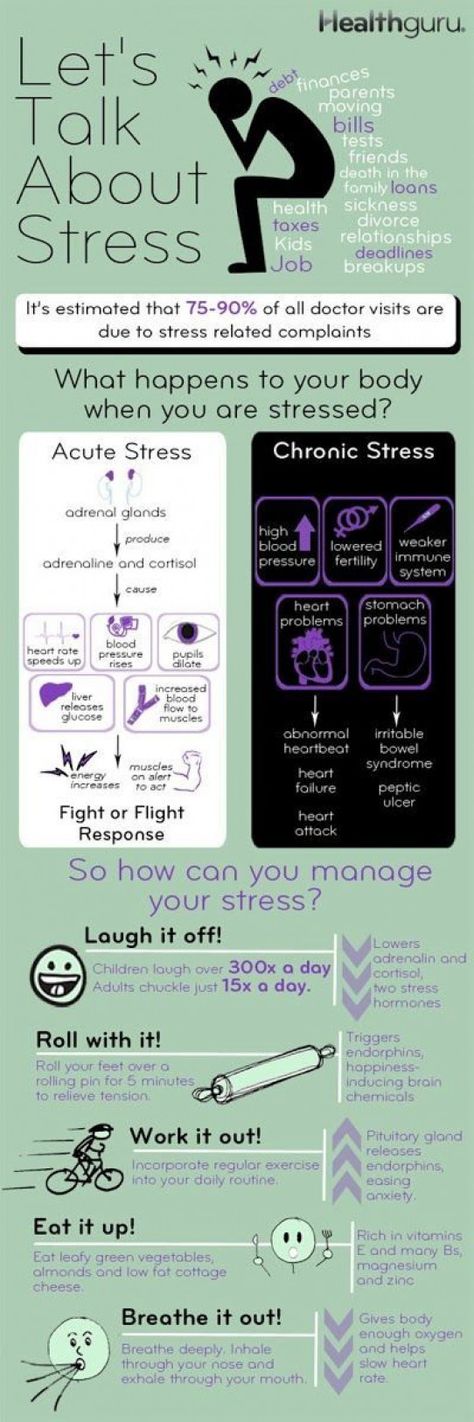
And at the same time, for many, divorce becomes a good shake-up and an incentive for a career. On April 28, Vladislav Solodkiy, managing partner of the Life.SREDA venture fund and vice president of marketing for the Life financial group, divorced for the third time. The divorce was painful and was even accompanied by a scandal in social networks. A week later, he already left for permanent residence in Singapore. I moved my venture fund there - office, employees, investment focus. “Now I spend 90% of my time making new acquaintances in Singapore, Hong Kong, Kuala Lumpur, Seoul, Hanoi, meeting with startups, funds, banks and officials,” Solodkiy said. “To drown out the aching pain and piercing longing, you go headlong into your favorite business.”
Anger to speed up
51% of Russians, in order to relieve stress after a divorce, plunged headlong into work, showed an OMI survey conducted for Vedomosti. And 53% admitted that it was the breakup that prompted them to make good career changes - to change approaches to work, go to study or decide on something that they did not have enough time and courage for.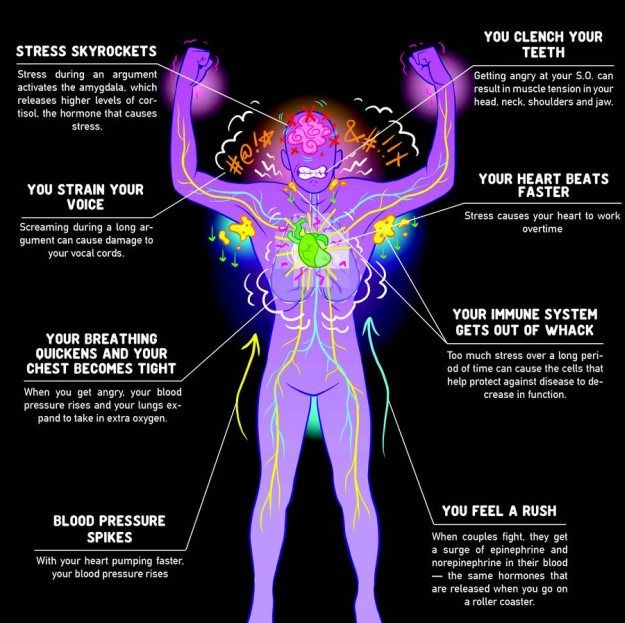
Divorce has a positive effect on work, Solodky also believes: “It's like in boxing - when I get tired, lose concentration, my coach gently but insultingly hits me on the head: it is very sobering, tonic and turns on. Because of anger and resentment, you often become more successful - there is no direct relationship, but you begin to react faster, take more risks. You win not because you are the strongest, but because your rivals look you in the eye and understand that you have nothing to lose and you are ready to go all the way, he quotes the hero of the film, who found himself in a similar situation. “I always advise everyone in the event of a divorce or any other personal problems to go headlong into sports and what they love,” says Solodky. This is exactly what happened to him with the move to Southeast Asia: “It's like a jump into outer space - completely different people and culture, different dynamics and values. New emotions gradually replace the old ones - the brain is like a hard drive.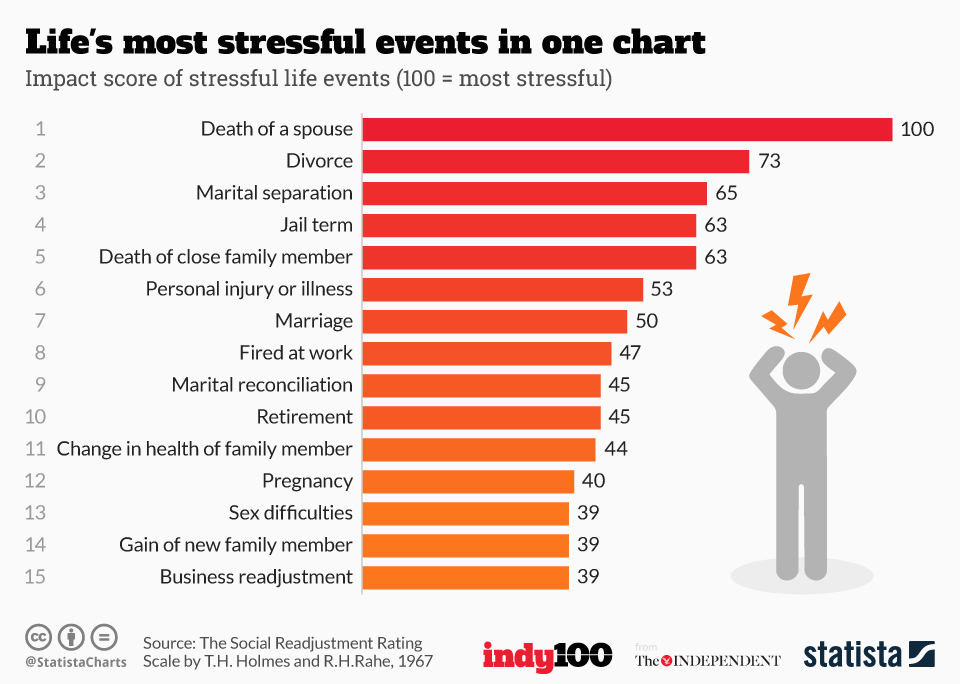 All pret - euphoria every day. And only sometimes the heart aches from longing. But it will pass." Solodky said that he was married three times. “Wives have been the cause of all my highs, and divorces have sometimes been the cause of my big falls,” he admits.
All pret - euphoria every day. And only sometimes the heart aches from longing. But it will pass." Solodky said that he was married three times. “Wives have been the cause of all my highs, and divorces have sometimes been the cause of my big falls,” he admits.
Entrepreneurs involuntarily
There are many stories in Russian business when it was divorce that became the trigger for starting a business. Natalia Novikova, the founder of a fashion house that sells designer clothes, would never have become an entrepreneur if she continued to live in a happy marriage. At the age of 25, Novikova was suddenly left without moral and financial support with two children: the eldest was not even two years old, the youngest was two months old. “I didn’t have time to reflect: I had to feed the children,” she recalls. “When I was married, I did silk painting, but the income was unstable.”
Army of workaholics
More than half of official marriages in Russia break up. In 2014, there were 693,700 divorces for every 1,250,400 family relationship registrations, according to Rosstat. And in just one year, 4.8% of Russians experienced a family breakdown.
In 2014, there were 693,700 divorces for every 1,250,400 family relationship registrations, according to Rosstat. And in just one year, 4.8% of Russians experienced a family breakdown.
After the divorce, she started working 15 hours a day: “I was doing what I loved and I can't say it was hard. My work was popular: everything that I painted was gone immediately. At first it was sales at the opening day and orders from private clients, then participation in exhibitions, and a year later contracts with companies began to appear. Novikova created her own clothing brand "Natalia Novikova", which is distinguished by voluminous hand-painted fabric. In a year, she reached a stable financial level, defended three patents, and now the Natalia Novikova fashion house is a quite successful small business. She has her own retail store and another 107 stores where she supplies clothes. “And this happened, I believe, partly due to the divorce,” says Novikova.
Breaking away after a divorce
Divorce often frees you from obligations and unties your hands - for a career (and for an employer) this can be a big plus: a person more easily agrees to risky offers, long-distance moving and work that requires full dedication, notes Victoria Filippova , coach and partner at Cornerstone: “For example, not so long ago, one of our divorced candidates accepted a job offer in Iraq, where there is a war, explaining his acceptance by the fact that no one would have let him go there before, and now he is his own boss. ”
”
Divorce can work in both directions – to make you mobilize or unsettle, Anna Chukseeva, head of PR at Pronto Media Holding, shares her experience. She said that the breakup of a long relationship made her believe in herself: “For example, my husband and I argued for a long time that my voice was not suitable for radio, but my appearance was for TV. As a result, I did not become a radio or TV presenter, but nevertheless I began to often give comments on the radio, come to TV broadcasts. And she did it very well: she received favorable reviews from editors and viewers. “A phrase spoken in the hearts:“ You will hear about me again! – became the main stimulus for career development. At first, I wanted to do all this in order to return everything, but then I realized that a complete reboot had taken place,” explains Chukseeva. “The work and its results are very helpful in getting rid of resentment.”
Useful insensitivity
It is important that employers respond appropriately to their employees' divorces.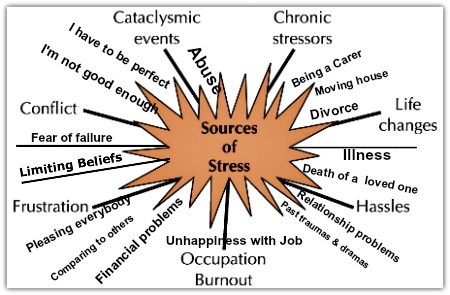 It is difficult to predict where a person will go with his head - to work or to binge, but there are some patterns, notes Anna Devyatka, head of the psychological service. Neurotic men are much more likely to start drinking than those who are closer to a schizoid and a narcissist in terms of their psychotype. “CEOs don’t get drunk for long, but it’s not uncommon for sales executives or ex-militaries,” the psychologist adds.
It is difficult to predict where a person will go with his head - to work or to binge, but there are some patterns, notes Anna Devyatka, head of the psychological service. Neurotic men are much more likely to start drinking than those who are closer to a schizoid and a narcissist in terms of their psychotype. “CEOs don’t get drunk for long, but it’s not uncommon for sales executives or ex-militaries,” the psychologist adds.
Managers whose subordinate is getting divorced should not focus on this and not show too much sympathy - this can have the opposite effect, Olga Ovchinnikova, COO of Wyser Russia (part of the Gi Group personnel holding), is convinced: “There is no need to give him concessions, and vice versa - to strive to bring this situation beyond the framework of working relations. And if the employee has completely lost control of himself, talk calmly but seriously and find out how long he needs to pull himself together.
A person often saves himself by devoting more time to work and career struggle, and it is precisely this motivation that is very beneficial for employers, says Natalia Storozheva, general director of the Perspektiva business and career development center.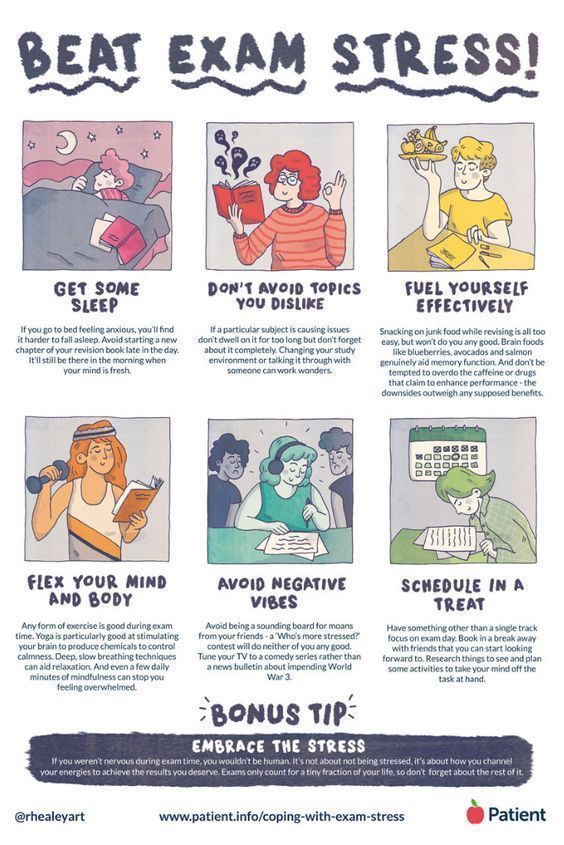 But the stress of divorce, combined with professional stress, can lead to emotional exhaustion and burnout. It is important to leave time for yourself, your emotions, hobbies and pleasant communication, reminds Gestalt psychologist Nadezhda Safyan. This, in turn, is sure to pay dividends in your career, she promises.
But the stress of divorce, combined with professional stress, can lead to emotional exhaustion and burnout. It is important to leave time for yourself, your emotions, hobbies and pleasant communication, reminds Gestalt psychologist Nadezhda Safyan. This, in turn, is sure to pay dividends in your career, she promises.
Media news2
Is advertising distracting? With a subscription you won't see it on the siteLife after Divorce: 12 Steps to Happiness
240,025
Man and Woman
Psychological observations suggest that a painful divorce can cause psychological trauma. If you do not notice it in time and do not start taking action, then after some time it can grow into post-traumatic stress disorder. The person may have intrusive thoughts about the traumatic event, nightmares, anxiety, and emotional outbursts in response to the breakup trigger.
In order not to end up in such a state, it is important to assess the risks of its occurrence in a timely manner.
Risks and consequences of divorce
- The decision to leave was made by the partner, although you would like to continue the relationship. Moreover, the news of this decision came as a surprise to you. This situation hurts your self-esteem.
- Your whole life has been built around relationships. You do not have your friends, apartment, work, interests. In this case, you have no one to rely on.
- This is not the first time a relationship has ended with the departure of a partner. It begins to seem to you that something is wrong with you, you are cursed, not created for a family.
- You got married very early, and the baton for making decisions and taking care of you was taken over by your husband from your mother. In this situation, you may start to feel like a helpless child.
- You broke up, but you have to spend a lot of time together (shared apartment, job, business). In this situation, you cannot separate from your partner and start first healing from grief, and then building a separate life.
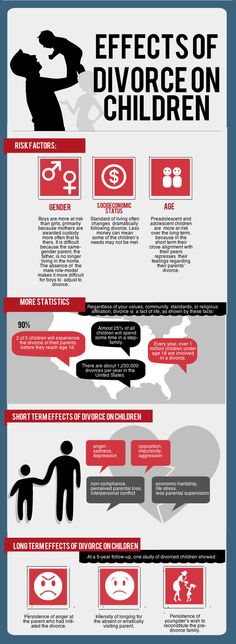
In all of these cases, you need to understand that you are at risk of psychological trauma and need support.
What is happening in the brain at this time?
Chemistry of emotions
Our thoughts do not define, but only explain the emotions caused by the hormonal cocktail.
Mood is formed mainly by dopamine and serotonin. Moreover, we can say that every trait of our character is associated with hormones - testosterone, dopamine / norepinephrine, estrogen and serotonin.
Serotonin is the hormone of joy. If you have a consistently high level of serotonin, then you can be called a calm, patient person with a long-established circle of friends. Strong and stable relationships, traditions are very important to you, you are a supporter of social norms. This means that your good mood system, built into your brain, is actively working in a stable and reliable family system with a single man for life. Accordingly, any loss of stability, destruction of relationships, violation of traditions primarily hit the leading system of obtaining joy from life.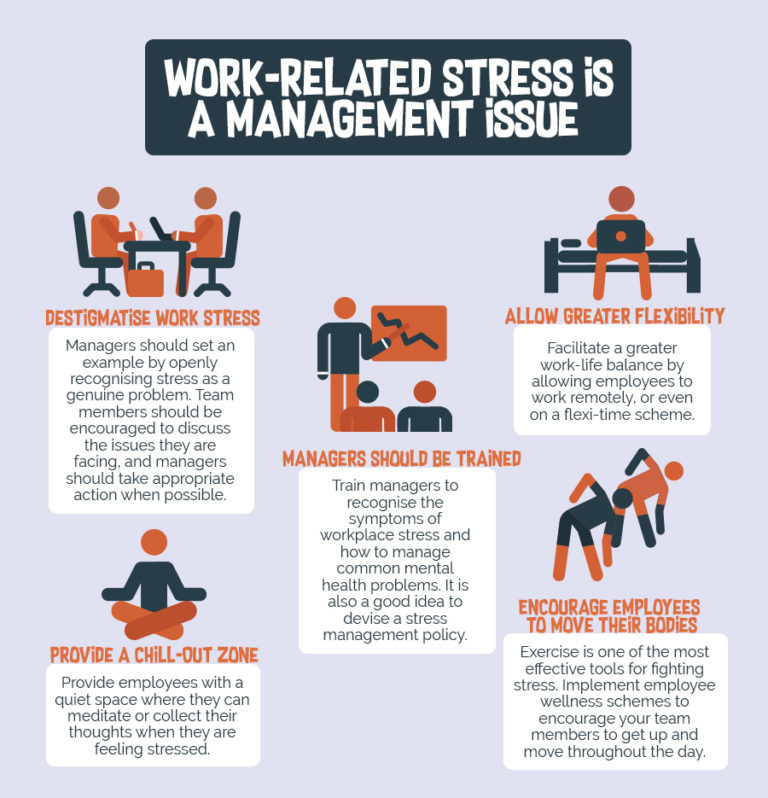
This important step will help you reach the very bottom from which you can push off.
When there is nowhere to draw joy from, life becomes difficult. Heartache turns the world into a solid "Black Square" by Malevich. Success at work, achievements in fitness, an evening with friends, and even more so, the beautiful weather on the street cease to please.
Dopamine is the pleasure hormone. If you like novelty, you easily change hobbies, places of work, social circle, then you are more like a dopamine addict. It would seem that in this case, divorce should not negatively affect you. Indeed, it is easier for you to adapt to change. Unless you consider the breakup a personal failure that cannot be explained and changed. If the situation turned out to be uncontrollable, then dopamine drops, and with it the desire to do something.
How can I help myself?
12 steps to a happy life
1. Accept the fact of parting
If you were told a firm “no”, and even more so your ex-partner has a new one, you must accept the fact that in this story you have reached the epilogue. This important step will help you reach the very bottom from which you can push off. If you maintain hope for a continuation, you will not be able to help yourself, because why do something if everything will soon return to its place, you just have to wait a bit. Remember, this wait can take years.
This important step will help you reach the very bottom from which you can push off. If you maintain hope for a continuation, you will not be able to help yourself, because why do something if everything will soon return to its place, you just have to wait a bit. Remember, this wait can take years.
2. Ground yourself
If you feel that the pain is unbearable, and black thoughts are running in circles in your head, then this exercise will help to shift the focus of attention from the head to the body. Place both feet on the floor, feet flat on the floor. Feel your feet, close your eyes and imagine that you are a tree that grows into the ground with its powerful root system. Stay in this state until a feeling of peace arises. Perhaps you can focus on contemplating the clouds, or a river will begin to glisten in front of your inner eye. Consider the details of this picture and learn how to supplement it with some new details. Over time, you can easily learn to calm yourself in any stressful situations by going to this safe place.
3. Reduce the pain
Remember, the main rule of dealing with mental pain is the same as with physical injuries. Diagnose the causes (in your case, we are talking about divorce), take painkillers and begin treatment. So diagnostics. Go through the list of risks that are listed at the beginning. What exactly hurt you the most? This is what we will fight against.
Painkillers at the initial stage are people who love you. Call friends and family, but only those who are ready to listen and support you. The key word is support. There is no need to communicate with people who will aggravate the emotional state with phrases from the series: “I told you, it’s my own fault.”
Remember, alcohol is not a resource. Moreover, temporary relief will lead you to aggravate the condition the next day. The pain, anxiety, depression and self-flagellation that you feel will increase exponentially when you are hungover.
4. Cry and grieve as much as you need
Unexplained and unexperienced grief turns us into knights in iron armor, effectively blocking all emotions. In this case, not only sadness, heartache, despair will be blocked, but also joy, happiness, inspiration and the possibility of falling in love again in the future.
In this case, not only sadness, heartache, despair will be blocked, but also joy, happiness, inspiration and the possibility of falling in love again in the future.
5. Understand your hormones
Find a source to support your serotonin and dopamine levels. The best helpers will be sports, the sun and proper nutrition.
Serotonin is most effectively raised by antidepressants, but it is worth resorting to their help if you are already depressed and have been prescribed them by a doctor. If, like me, you are a supporter of natural methods, then consult a nutritionist. He will advise the appropriate nutrition to help in the delivery of the amino acid tryptophan, which is responsible for the synthesis of serotonin.
In a situation of struggle for joy, there is no need to wait for motivation - you will not wait for it.
As for the benefits of the sun, its sufficient amount reduces the production of melatonin, an antagonist of serotonin. Lower melatonin, higher serotonin.
Lower melatonin, higher serotonin.
Dopamine rises when you set goals and achieve them, so do not abandon your creative, work, sports ambitions. On the contrary, set yourself every day at first small, and then more and more complex, but achievable goals. In a situation of struggle for joy, there is no need to wait for motivation - you will not wait for it. The dopamine reward system works in such a way that joy overtakes after solving the tasks, and with it comes the motivation to complete the new plan. The main thing is to keep moving.
6. Limit any contacts with your ex
Rent an apartment, split your business, go away often to friends, if right now you are still connected by a common job or living space.
Do not follow social networks (it is better to unsubscribe from your ex-spouse everywhere), do not ask your friends about him, do not look for reasons to meet. No need to give him secret (as you think) signals about yourself. Do not post photos, statuses, quotes like "I'm hard to find and easy to lose. " Realize that the more time and energy you spend on an ending relationship, the longer you will be stuck in it. There is a wonderful story on this subject.
" Realize that the more time and energy you spend on an ending relationship, the longer you will be stuck in it. There is a wonderful story on this subject.
“An old man revealed to his grandson the truth of life:
— There is a struggle going on in man, similar to the struggle of two wolves, black and white. The black wolf represents evil: envy, jealousy, regret, selfishness, ambition, lies. The white wolf represents goodness: peace, love, hope, truth, kindness and loyalty.
The grandson thought about it and asked:
— Which wolf wins at the end?
- The wolf you feed always wins.
7. People's energy
Take yourself to exhibitions, fitness, to the pool, to walks. The very fact that you got out of bed without an emergency is already a small victory. They forced themselves to get dressed and put on make-up - another victory. Now the main secret. When you are among people (even strangers and silently), the feeling of loneliness goes away.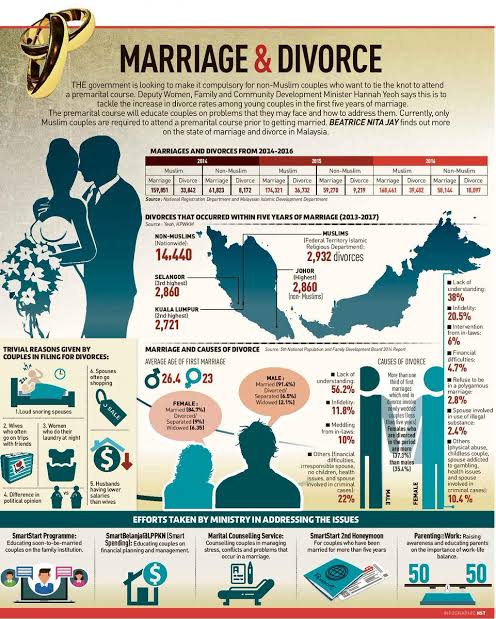 Moreover, thanks to mirror neurons, you absorb the state of others. In the gym, theater and exhibitions, there are usually a lot of people with an active lifestyle who are working on their body and spirit. Let yourself be infected by their spirit.
Moreover, thanks to mirror neurons, you absorb the state of others. In the gym, theater and exhibitions, there are usually a lot of people with an active lifestyle who are working on their body and spirit. Let yourself be infected by their spirit.
8. Stop self-flagellation
The search for causes and errors at the initial stage is not constructive, and most often they turn into self-flagellation. Track the moments when you begin to mentally torture yourself. How to distinguish constructive analysis from unfair criticism? If you have been asking the same question for many days from the series: “How could I make such a mistake, be such a fool” and come to a state of pain and despair, then this is it - auto-aggression and a dead end. Once you realize you're self-flagellation, go back to the first steps on our list.
9. Give up plans of revenge
Sometimes the only source of joy is dreams of revenge. Fantasies can be different or one and the same, but in different scenery.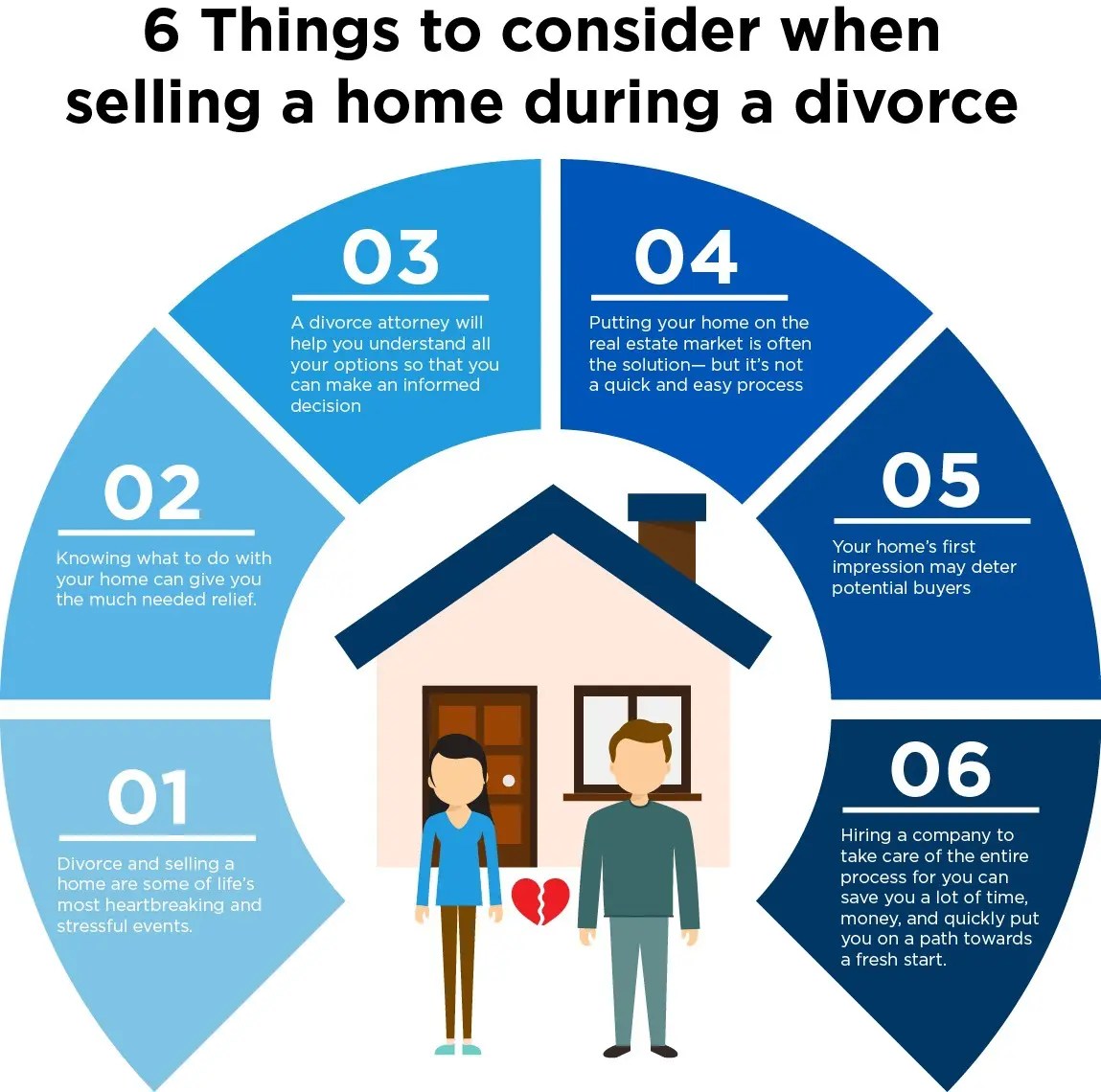 The problem is that at some point these illusions become a source of dopamine and, accordingly, joy. Dopamine receptors do not distinguish between real achievement and vivid fantasy achievement, and the difference is very simple. Instead of doing small actions in real life (sports, walking, creativity), you start living in fantasies. Moreover, as a result, the former partner and thoughts about him become a source of reward. As long as he lives a real life with another woman, you lose the chance to meet a new real man.
The problem is that at some point these illusions become a source of dopamine and, accordingly, joy. Dopamine receptors do not distinguish between real achievement and vivid fantasy achievement, and the difference is very simple. Instead of doing small actions in real life (sports, walking, creativity), you start living in fantasies. Moreover, as a result, the former partner and thoughts about him become a source of reward. As long as he lives a real life with another woman, you lose the chance to meet a new real man.
10. Divide the boundaries
Start to form your own world, separate from your partner, little by little. One in which you have your own meanings, interests, friends and plans. It will become easier for you to accept the individuality of your partner and survive resentment towards him. Of course, working with boundaries is a long-term psychotherapeutic process. Reading the gestalt prayer will help you tune in to it:
“I am doing my job, and you are doing your job.
I do not live in this world to meet your expectations, and you do not live in this world to meet mine.
You are you.
And I am me.
If we meet each other by chance, it's wonderful.
And if not, so be it.”
11. Open your heart though it hurts
Take advantage of the handicap principle. Amotz Zahavi, the author of the principle, believed that life-threatening signs carry information about the quality of the genome. For example, a large tail size, too bright plumage, loud screams, excessively large horns - all this is a measure of the quality of the genome. With them it is more difficult to hide and run away from predators, only a highly adapted individual will be able to survive with such excessive decorations until the moment of reproduction.
Only the insanely brave win truly worthwhile prizes
Let your experience of divorce become a handicap principle. After all, to open your heart and continue to believe in love, having survived the pain of betrayal, the collapse of illusions and plans, a drop in self-esteem, depression, fear - this is pure madness.
As absurdly bold as the oversized and flamboyant peacock's tail. But only such crazy brave men win really worthwhile prizes! Any man understands that if you are so fearless and strong, you will not fall into hysterics from every trouble, but on the contrary, if necessary, you can become a reliable support.
12. Search for meaning
Now that you have gone through all the previous steps, you are ready to have a constructive dialogue with yourself. Remember, I wrote that in the initial stages it is not necessary to endlessly remember the past and look for mistakes in it? When you have come to your senses, shared boundaries, found hobbies, learned to ground yourself, then you can begin to analyze past experiences without self-flagellation.
Psychologist Viktor Frankl wrote about the need for an existential turn: you need to stop asking yourself the question “why am I doing this?” and start asking “what can I take away from this?”. When you put the question in this way, you may find that, thanks to what happened, you became closer to family and friends, found new interests, acquired a dream figure and became, on the whole, a completely different person. Perhaps you already know at least one answer to the question: “Why did this happen to me?”
Perhaps you already know at least one answer to the question: “Why did this happen to me?”
Onward to a new life
I believe, and the experience of clients confirms my belief, that divorce is precisely the crisis that turns us inward. For many, before divorce, their whole life was determined by the needs of their partner. There was no time for everything. When life confronted me with a divorce, a huge hole formed in my heart. In the beginning, I just wanted to lie down and die. Then I had to push myself forward through despair and pain, further and further towards new meanings. When your legs gave out, friends came to the rescue, and you learned to lean first on them, and then slowly on yourself.
A woman who has learned to rely on herself is no longer afraid to turn her face to the mirror, look into her eyes, wink and go outside. She is ready to carry out plans, dreams, flirt with attractive men, get married and just enjoy life.
About the author
Sofia Enikeeva — psychologist, member of the Association for Psychoanalytic Coaching, member of a charity project for psychological assistance to chemically addicts.

